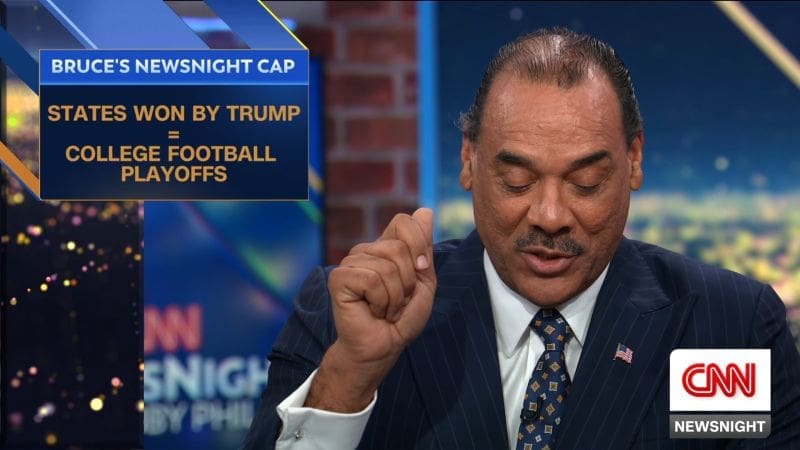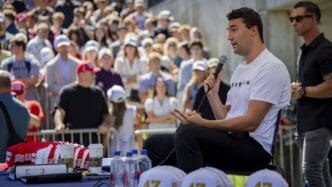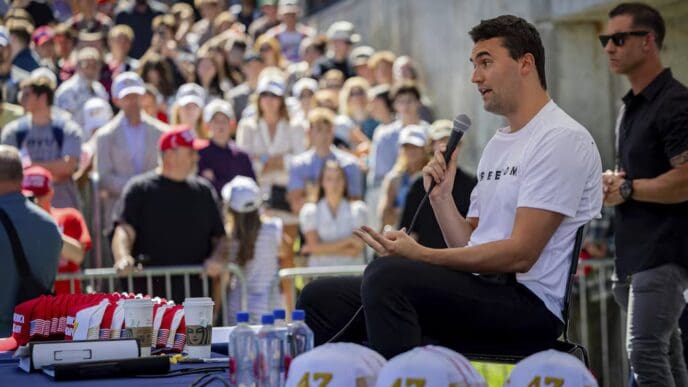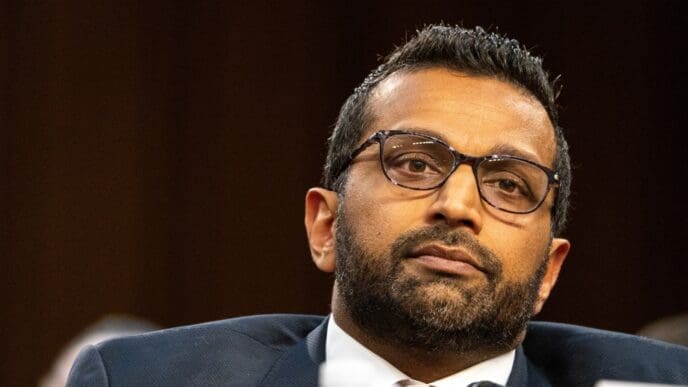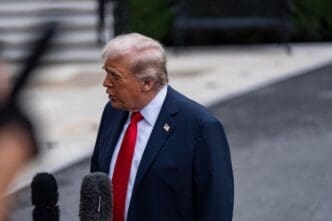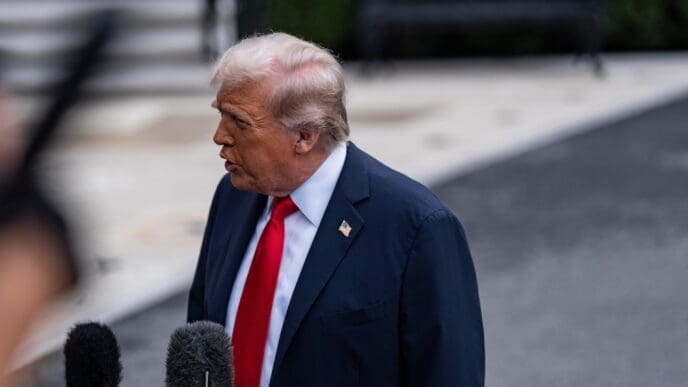An intriguing pattern has emerged in the current College Football Playoff rankings, with eleven of the top twelve teams hailing from states that supported Donald Trump in the last election. Bruce LeVell, a Trump campaign surrogate, suggests this alignment is not mere happenstance, hinting at the possible interplay between political currents and college football dynamics.
In the realm of college football, rankings are a subject of intense scrutiny and debate. This season, a significant observation has captured the attention of both sports enthusiasts and political analysts. Eleven of the top twelve teams in the College Football Playoff rankings are based in states known for supporting Donald Trump. This geographical and political alignment raises questions about potential influences and correlations.
Bruce LeVell, representing the Trump campaign, expresses his belief that this pattern is more than a coincidence. The implication here is that political leanings may somehow intersect with the development and success of college sports teams. While no direct causation is established, the correlation is enough to fuel discussions.
Social media and news platforms have picked up on this phenomenon, with many users and pundits weighing in on potential reasons behind such a trend. Some speculate about the socio-economic factors prevalent in these states that might contribute to their strong college football programs.
The discourse extends beyond the immediate realm of sports, touching on broader themes such as resource allocation, cultural emphasis on sports, and institutional priorities that might differ between political regions. While concrete evidence linking political preferences with sports rankings remains elusive, the conversation highlights the intricate web of factors influencing college athletics.
In the political sphere, the overlap between college football rankings and electoral outcomes is viewed as a point of interest. Analysts ponder whether political support might translate into broader institutional advantages, indirectly affecting sports programs. Yet, without empirical data to substantiate these claims, any conclusions remain speculative at best.
While the intersection of political and sports dynamics is intriguing, it remains a topic ripe for further investigation rather than definitive conclusions. The observed pattern in college football rankings stirs curiosity but requires deeper analysis to understand any underlying connections.
Source: CNN


